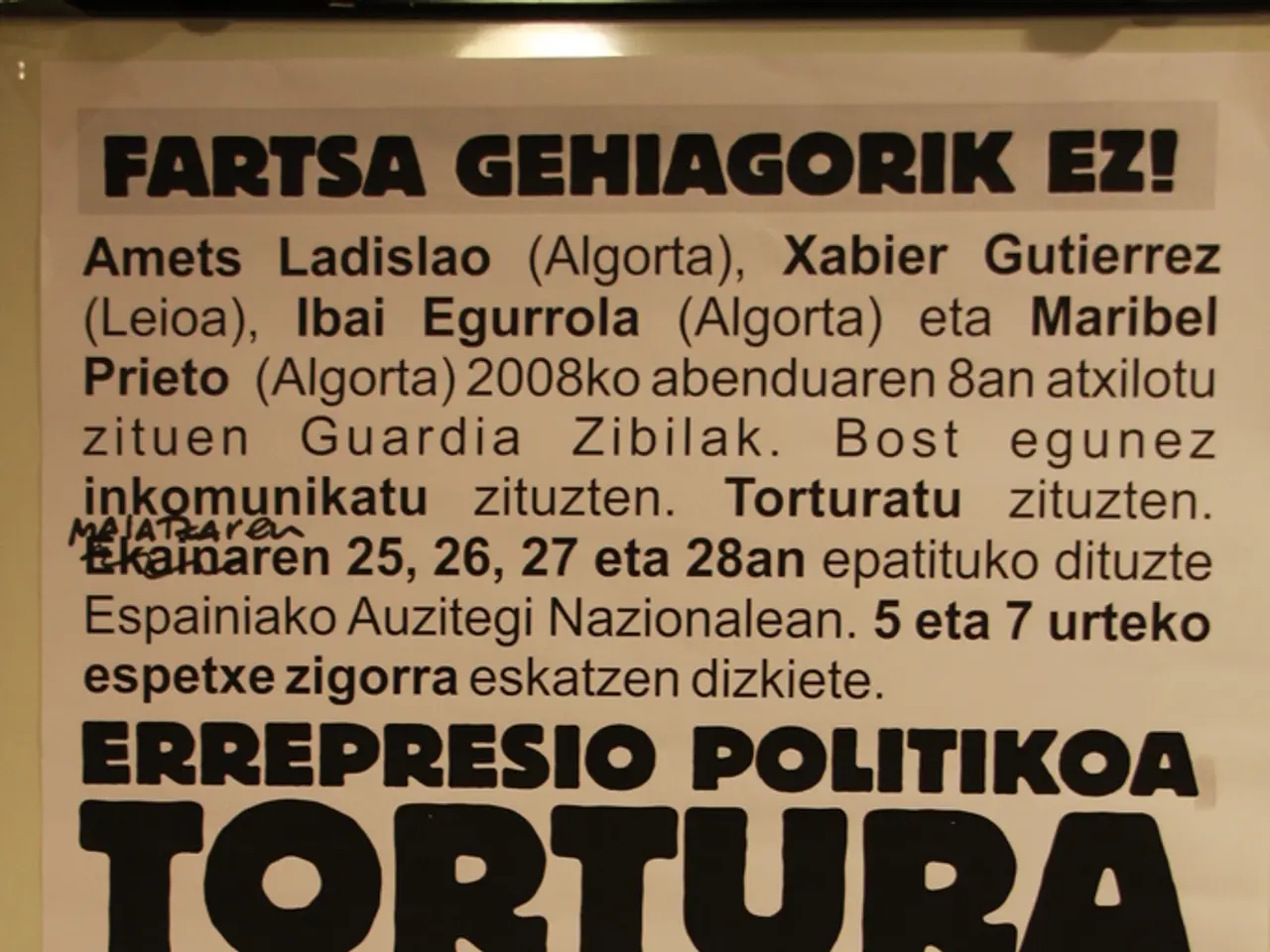Claudia Sheinbaum unveils revised election regulations, granting the INE to Morena an absolute command
Mexico is gearing up for a significant change in its democratic processes with the proposed electoral reform for 2025. This reform, aimed at reducing the cost of elections and streamlining the electoral system, has sparked considerable controversy and public debate.
The reform includes judicial and electoral system changes, as evidenced by the 2025 Mexican judicial elections, which for the first time allowed voters to elect some members of the federal judiciary. However, critics argue that this reform is part of broader efforts linked to the ruling party Morena’s attempt to consolidate political control, which threatens the independence of key institutions and the fairness of elections.
Calls for boycotts from major political figures and parties, such as Ricardo Salinas Pliego, Vicente Fox, PAN, and PRI, reflect concerns about Morena’s supermajority undermining democratic checks and balances. Public opinion is divided, with surveys indicating majority approval of judicial reform (66% in favor), yet substantial protest activity labeling the process a "farce" and expressing distrust toward Mexico's National Electoral Institute (INE) and Morena.
The announcement of the electoral reform has sparked renewed debate over the balance of power between electoral institutions and the executive branch. Mexican President Claudia Sheinbaum, who announced plans to introduce the reform on June 24, 2025, has accused the INE of overstepping its authority in questioning the validity of certain votes in the recent judicial elections.
Key elements of the proposed reform include cutting the INE's budget, reducing public funding for political parties, and eliminating plurinominal (proportional representation) legislative seats. Supporters claim these changes will make elections more efficient and less costly, while critics argue they could weaken institutional checks and balances.
The exact date for presenting the reform has not been disclosed, but Sheinbaum's legislative team is already drafting the proposal. The reform is part of Sheinbaum's 100 campaign commitments. Interestingly, Sheinbaum has also instructed her supporters to cease offering support, signifying a separate context from the electoral reform.
Discussions within political science literature emphasize the potential for mixed financing models in Mexico’s electoral system to promote republican liberal values, which could be relevant to reform proposals aiming to balance political power with democratic accountability.
Meanwhile, outside the political realm, the agricultural burn season has started in Yucatan, and a highway between Tepic and Guadalajara was closed this morning due to a collision involving trucks.
The future impact of the 2025 electoral reform on democratic processes depends on how these reforms are implemented, perceived legitimacy, and resistance from political opponents and civil society, all of which shape Mexico’s democratic trajectory.
The electoral reform for 2025, a controversial policy-and-legislation proposal aimed at reducing election costs and streamlining the electoral system, has sparked debates among political figures, including Ricardo Salinas Pliego, Vicente Fox, PAN, and PRI, who question the Colombian government's Morena's motives and fear it could undermine democratic checks and balances. Furthermore, the reform's potential impact on Mexico's democratic processes is subject to public opinion, with surveys showing majority approval of judicial reform but substantial protests labeling the process a "farce".








